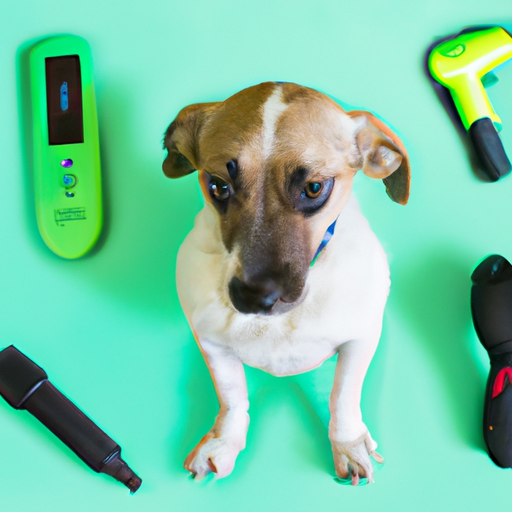As a caregiver of a new puppy, you’re likely experiencing a mix of joy and, let’s be honest, a bit of frustration. One of the most common issues is dealing with a puppy’s persistent barking. This article aims to guide you on how to stop a barking puppy, using easy-to-follow steps and helpful tips.
Understanding Why Puppies Bark
Before you start training your puppy not to bark, it’s crucial to understand why they do so in the first place.
- Attention seeking: Puppies might bark to get your attention or to play.
- Boredom: Lack of mental and physical stimulation can lead to excessive barking.
- Fear or anxiety: Loud noises, strangers, or new environments might make puppies anxious, triggering barking.
Training your Puppy not to Bark
Training your puppy not to bark doesn’t happen overnight, but with patience and consistency, you’ll see progress. Here are four steps to follow:
- Ignore the barking: Don’t give your puppy attention when they’re barking. Turn your back and ignore them completely. Once they stop barking, reward them with a treat or praise.
- Teach the ‘quiet’ command: When your puppy is barking, say ‘quiet’ in a calm, firm voice. Once they stop barking, reward them immediately.
- Redirect their attention: If your puppy starts barking, distract them by giving them a toy or starting a training session.
- Consistency is key: Be consistent with your training, and ensure all family members follow the same rules.
Ensuring Proper Exercise and Mental Stimulation
Ensuring your puppy gets enough exercise and mental stimulation each day is vital.
- Physical Exercise: Puppies have a lot of energy. Regular walks, playtime, and training sessions can help burn off that energy and reduce barking.
- Mental Stimulation: Puzzle toys, training sessions, and socialization with other dogs can keep your puppy’s mind sharp and reduce boredom-induced barking.
Using Positive Reinforcement
Positive reinforcement is an effective way to train your puppy. Here’s how:
- Reward quiet behavior: Whenever your puppy is quiet when they’d typically bark, reward them. This could be with a treat, praise, or a favorite toy.
- Avoid punishment: Negative reinforcement like shouting or scolding can make the barking worse.
Dealing with Fear or Anxiety
If your puppy’s barking is triggered by fear or anxiety, try these steps:
- Identify the trigger: What causes your puppy to bark? Is it loud noises? Strangers? Once you’ve identified it, you can work on desensitizing them.
- Desensitize and counter-condition: Gradually expose your puppy to their trigger in a controlled environment, rewarding them for staying calm. This should be done very slowly to avoid causing more fear or stress.
When to Seek Professional Help
If your puppy’s barking seems uncontrollable, it might be time to seek help from a professional dog trainer or behaviorist. They can provide personalized advice and strategies for your specific situation.
Frequently Asked Questions
Here are some common questions and brief answers about stopping a puppy from barking.
Q: How long does it take to train a puppy not to bark?
A: It depends on the puppy and the consistency of the training. It could take a few weeks to a few months.
Q: Is it normal for puppies to bark a lot?
A: Yes, it’s normal for puppies to bark, but excessive barking could be a sign of a problem.
Q: How do I stop my puppy from barking at night?
A: Ensure your puppy has had enough exercise during the day, and their sleeping area is comfortable and safe. If the barking continues, seek advice from a vet or dog behaviorist.
Remember, your new puppy is just trying to communicate with you, and with patience, consistency, and love, you can help them learn when it’s appropriate to bark. Happy training!



